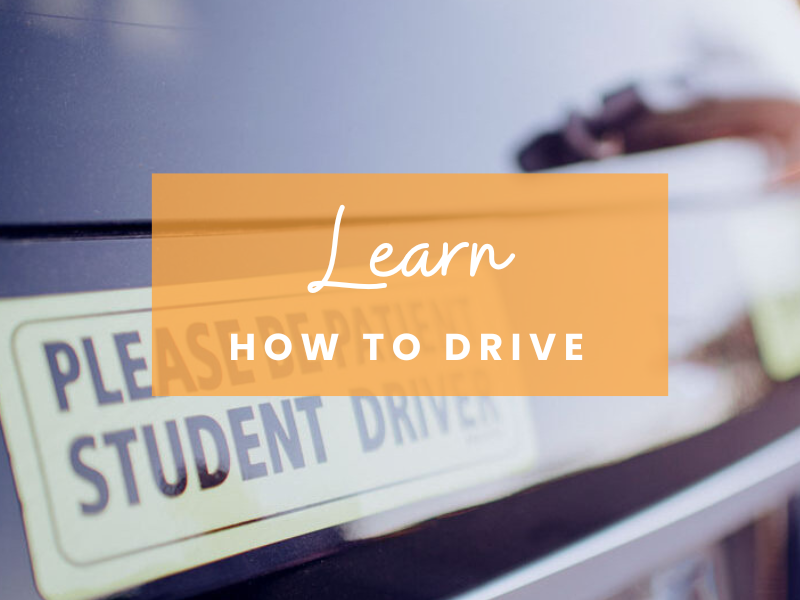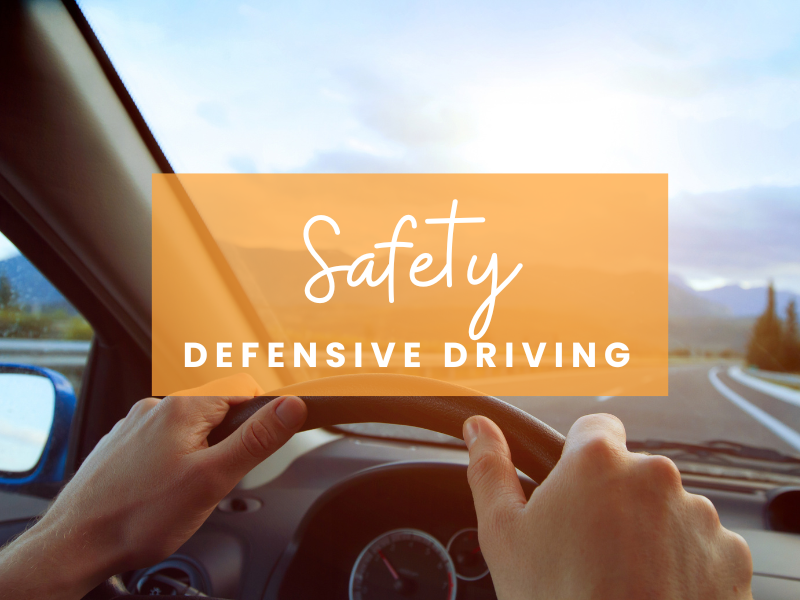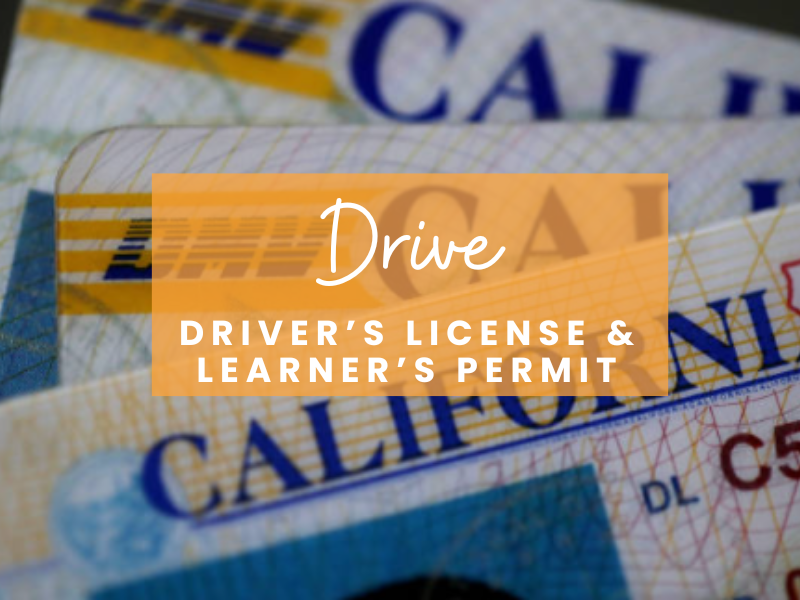Driving Inexperience | Its Risks on the Road
| Driver Education |
Driving inexperience is a crucial factor that significantly influences road safety, fundamentally shaping the journey of every new driver. Initially, as these novices begin to navigate the intricate web of traffic rules, vehicle handling, and the need for quick decision-making, their lack of experience inevitably leads to unique challenges and heightened risks on the road. Moreover, this initial phase of a driver’s journey, characterized by a steep learning curve, not only affects their own safety but also has broader implications for others sharing the road. Consequently, in this article, we aim to thoroughly explore the multifaceted impact of driving inexperience. This exploration includes delving into common pitfalls and mistakes made by new drivers, as well as examining the wider consequences for traffic safety. Ultimately, understanding these aspects is imperative for the development of effective strategies that support new drivers, aiding them in their transition to becoming competent and confident road users.
This blog may contain affiliate links, and therefore if you make a purchase through these links, we subsequently may or may not earn a commission at no extra cost to you.
Inexperience vs. Immaturity
The journey from a novice to an experienced driver is fraught with challenges, primarily stemming from a lack of experience and, often, immaturity. Understanding and addressing these issues is crucial for developing safe driving habits.
Lack of Skill
Inexperienced drivers may lack essential skills like smooth steering, effective use of brakes, and understanding vehicle dynamics. This deficit often leads to problems such as improper braking or difficulty handling skids.
Lack of Attention
Younger drivers might struggle with maintaining consistent attention on the road. Distractions, both inside and outside the car, can significantly impair their ability to focus.
Maturity and Age
Maturity behind the wheel often correlates with age and experience. Young drivers can work on improving their skills through practice and advanced driving courses.
Overreacting and Over-steering
Inexperience can lead to overreaction in unexpected situations, leading to over-steering, which can cause loss of control.
Handling Skids
Understanding how to effectively handle skids is a critical skill that comes with practice and proper training.
In-Car Distractions
In-car distractions significantly contribute to the risks associated with inexperienced drivers:
- Cell Phone Use: Including calls, texting, GPS navigation, and other app usage.
- Music and CDs: Can be a distraction if it takes the focus away from the road.
- Smoking, Eating, Grooming: These activities can divert attention and should be avoided while driving.
- Passengers: Conversations or interactions with passengers can be highly distracting.
Adjusting Driving for Weather and Road Conditions
Adapting to different weather conditions like fog, rain, or snow requires experience and skill. Inexperienced drivers often struggle with these adjustments.
Predicting Other Drivers’ Reactions
Understanding and anticipating the actions of other drivers is crucial. Practices like maintaining a safe spacing, scanning the road, and using mirrors effectively can enhance safety.
Driving Inexperience
Driving inexperience poses a significant risk, not just to the drivers themselves, but to everyone on the road. However, with dedicated practice, increased awareness of potential distractions, and a commitment to continuous learning, these risks can be mitigated. It’s about developing a sense of responsibility, honing skills, and cultivating the maturity needed to handle the complexities of driving. As drivers gain experience, they not only become safer but also contribute to a safer driving environment for all.
Drive with Confidence!
Keep up with all the latest driving news. Expolre our blog packed with essential tips and expert advice on all things related to DRIVING!




